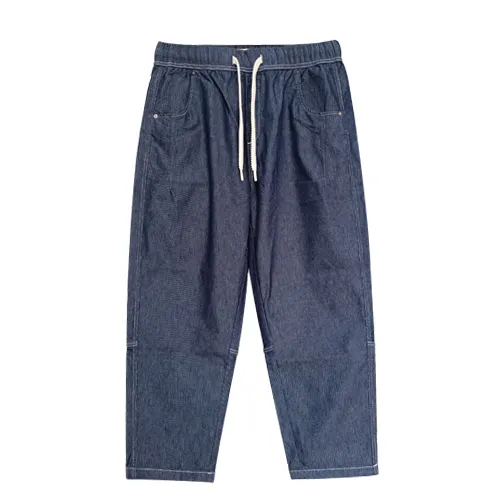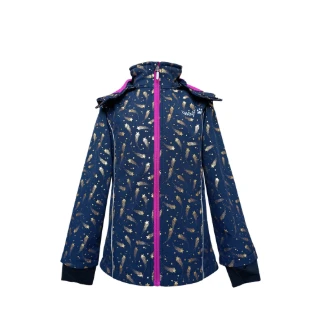

In a world increasingly conscious of the environmental impact of fashion, demonstrating trustworthiness involves a commitment to sustainability and transparency in production processes. Patagonia exemplifies this through its dedication to environmental responsibility. By using recycled materials and committing to fair trade practices, Patagonia not only produces high-quality, fashionable workwear but also assures consumers of ethical considerations, fostering a trusting relationship with its audience. Moreover, incorporating customer feedback into product development further enhances brand trustworthiness. Companies like Stitch Fix leverage data-driven approaches to tailor their clothing offerings based on customer preferences and reviews. By involving the consumer in the design process, Stitch Fix makes its audience feel heard and valued, promoting a sense of community and reliability. Styling professional outfits doesn’t stop at the basic pairing of tops and bottoms; accessories play an integral role in elevating and personalizing workwear. A well-chosen timepiece or minimalist jewelry can transform a simple outfit into a statement of sophisticated fashion. Brands like Daniel Wellington and Mejuri offer versatile accessories that seamlessly integrate with a variety of workwear styles, enhancing the wearer’s overall look while adhering to understated elegance. Ultimately, the future of fashionable workwear lies in continuous innovation, sustainable practices, and the ability to reflect the evolving needs of a diverse clientele. For professionals, investing in quality pieces from brands that demonstrate these qualities not only ensures a polished, contemporary wardrobe but also supports ethical and responsible fashion practices. As the workplace continues to evolve, so too must our approach to what constitutes professional attire, and the fusion of these principles will continue to drive the next generation of workwear.















